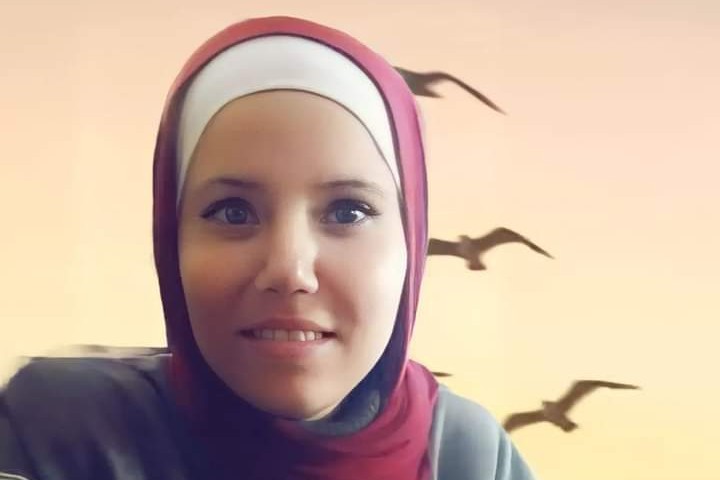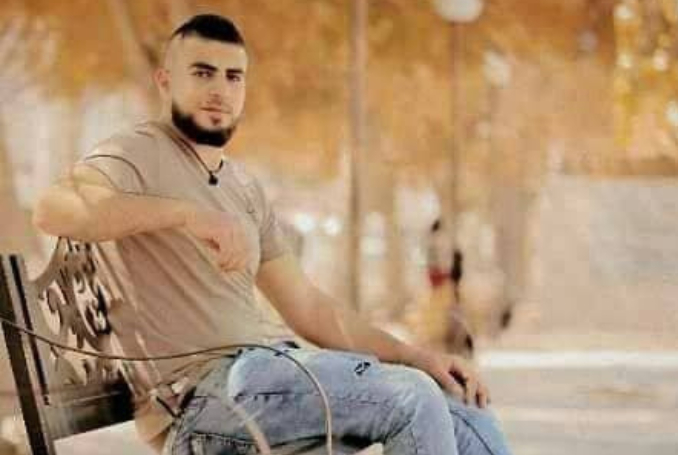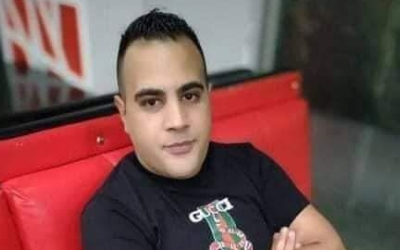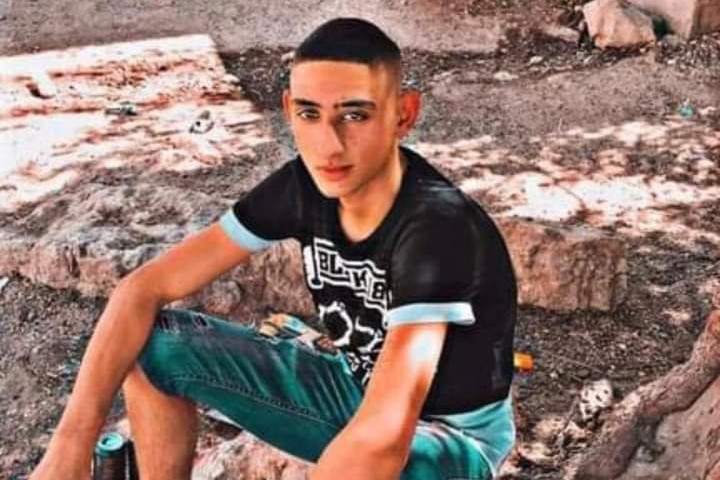West Bank: Harrowing accounts of Palestinians shot dead by Israeli forces over 24-hour period
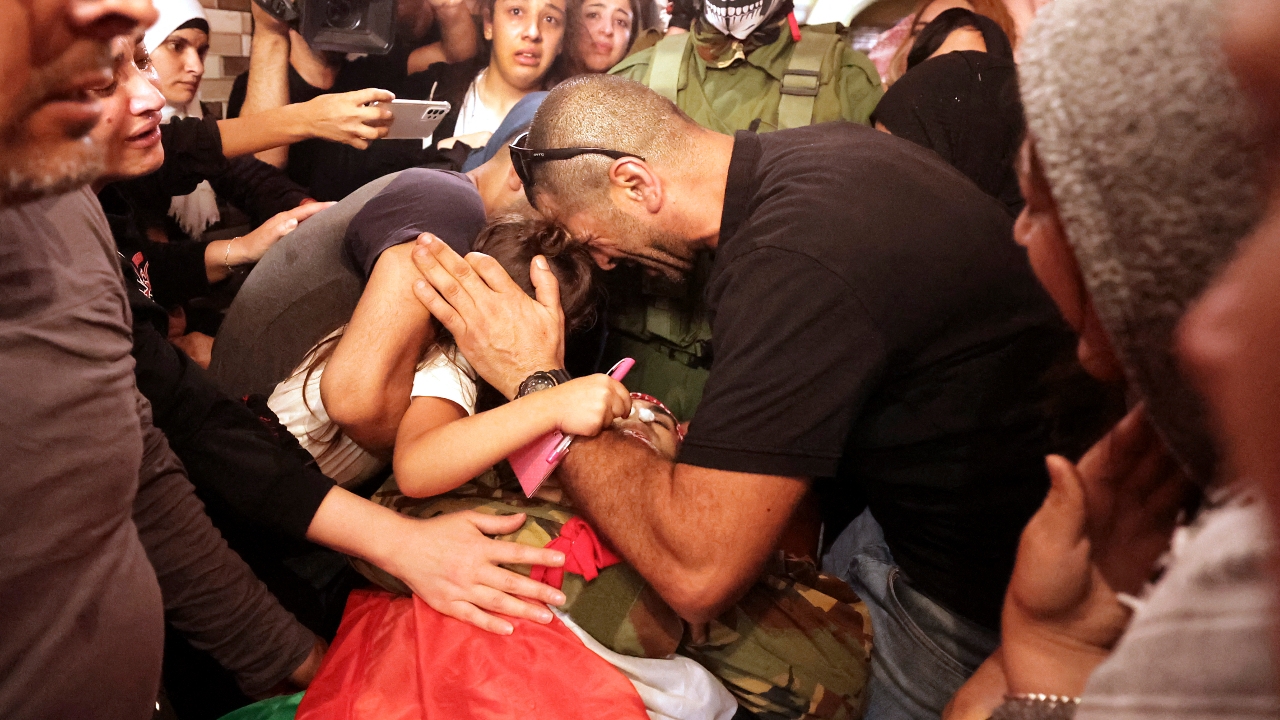
Four Palestinians were killed by Israeli forces across the West Bank in the span of just 24 hours between Wednesday and Thursday, bringing the total number of Palestinians killed this year to 62.
Those killed, including a child and a journalist, died in four separate incidents across the occupied territory.
This year, 14 children have been killed by Israeli forces in the West Bank, including six since May.
In Gaza, a fifth Palestinian, identified as Yaseral-Masry, 41, from Deir al-Balah, succumbed on Wednesday to wounds he sustained in May 2021 during the Israeli offensive against the besieged Strip, which killed at least 248 Palestinians including 66 children.
Below are the stories of the four Palestinians who were killed in the West Bank.
New MEE newsletter: Jerusalem Dispatch
Sign up to get the latest insights and analysis on Israel-Palestine, alongside Turkey Unpacked and other MEE newsletters
Ghufran Warasneh, 31 (Died 7.30am, 1 June, al-Arroub, Hebron)
Warasneh's brother Mohammad told Middle East Eye that his sister had joined the local news agency, Dream, at the the start of the week.
She underwent a few trial shifts and on Tuesday, 31 May, was told that she had been offered a full-time job.
On Wednesday, she was asked to go in early to sign her contract and submit her first report before 10am.
Thrilled with her new job and eager to impress on her first day, Warasneh prepared the report the day before. Its subject was Shireen Abu Akleh, the veteran Palestinian journalist killed last month by Israeli soldiers while covering a raid in Jenin.
A graduate of the journalism school at Hebron University, Warasneh had worked with a few local media networks before joining Dream.
Mohammad said she had met up with a friend on her way out of their neighbourhood, passing through al-Arroub refugee camp.
It was a quiet morning with no confrontations or any trouble, he said. Right after they passed the military checkpoint, two bullets were shot in their direction.
"Both bullets hit my sister. They pierced her left side just under the armpit and left through her chest," said Mohammad.
"They were exploding bullets, so they left a gaping wound; there was no flesh or bone. Her heart completely vanished.
"All the eyewitnesses confirmed to us they did nothing suspicious. Everything was normal."
Warasneh's friend was hit by shrapnel and managed to escape from the scene to get treatment, but no one was able to reach Warasneh's body as soldiers blocked access to her. People slowly began to arrive at the scene and demand the soldiers let them take her to hospital.
Around 25 minutes later, the soldiers were outnumbered and residents managed to force their way in and pick up Warasneh's body.
The soldiers, overwhelmed by the number of people surrounding them, fired live ammunition into the air and began dispersing the crowd attempting to retrieve the body, causing it briefly to fall.
A medic was hit in the commotion by a soldier and needed treatment himself.
In the end, the crowds managed to get Warasneh's body inside an ambulance, which drove away to the hospital.
Responding to Israeli claims that Warasneh had been carrying a knife, Mohammed said: "There is no justification to her killing. This was a criminal murder.
"They try to downplay their crimes [with these claims] to save their reputation to the outside world."
In the hospital, doctors tried to resuscitate Warasneh but it was too late and she was declared dead within minutes of her arrival.
After her body was prepared for burial, her family and neighbours carried Warasneh back to her to final resting place, having to pass the spot where she was killed.
There, a group of Israeli soldiers were waiting for them. The funeral was attacked as soldiers tried to prevent its passing, firing stun grenades, tear gas and beating the pallbearers.
"Abu Akleh was a journalist. My sister was a journalist. Abu Akleh was killed on the job. My sister was killed on her job," said Mohammad.
"Abu Akleh's funeral was attacked. My sister's funeral was attacked."
Defiant residents refused to back down despite the Israeli army assaults and forced their way through to reach the cemetery, where they buried Warasneh.
"Ghufrane was a strong and ambitious person. She taught me how to be strong," said Mohammad.
"For eight years after her graduation she couldn't get a full-time job, but she never gave up.
"Whenever something happened in the area, she would go report it and send it to Palestine TV and Al Jazeera.
"It was voluntary. She did it out of her ambition and pure love for journalism. And on the day she finally got a full-time job, she was martyred."
Bilal Kabaha, 25 (Died 9pm, 1 June, Yabad, Jenin)
Shortly after sunset on Wednesday, Israeli forces raided Yabad in the Jenin district of the northern West Bank. Dozens of Israeli military jeeps entered the town, along with bulldozers.
The military was conducting a raid to demolish the home of Diaa Hamarsheh, who was killed in March after he allegedly carried out a shooting attack in a Tel Aviv suburb that left five people dead.
According to locals, Israeli snipers positioned themselves on rooftops as soldiers besieged the area surrounding the Hamarsheh family home.
The raid sparked confrontations with local youths, who attempted to resist the incursion into their town. One of the young Palestinians who had taken to the town square was 25-year-old Bilal Kabaha.
"Bilal went out with the other youths into the village. The raid had barely started, and all of a sudden we heard that Bilal had been shot," Suhaib Kabaha, 28, Bilal's cousin, told Middle East Eye.
"He was shot several times with live ammunition, at least five or six times in the chest."
According to Suhaib, shortly after Bilal was shot, Palestinian medics arrived at the scene to evacuate him in an ambulance to a nearby hospital. But when the ambulance arrived, Suhaib said Israeli forces opened fire again, striking Bilal's lifeless body with several more bullets.
"The ambulance tried to come and evacuate him from the area, but the soldiers were shooting, so they couldn't reach him," said Suhaib.
"He was laying on the ground for 12 minutes before the medics could reach him, but it was too late."
Hours after raiding the town, killing Bilal, and injuring several other Palestinians there, Israeli forces blew up the Hamarsheh family home.
"It is all very sad. Our family is devastated," said Suhaib.
"One of Bilal's brothers was injured during a raid recently, one of his other brothers is in prison," he said, adding that Bilal himself had been arrested and injured by Israeli forces before.
"Bilal had a simple life. He loved his family, his friends, and people in the village loved him. He never caused any problems," said Suhaib.
"The world needs to demand that these crimes be investigated. The [Israeli] occupation keeps killing our people without any reason.
"Why was Bilal shot so many times? Why was he left lying on the ground? There should be answers to these questions."
Ayman Muhaisen, 29 (Died 5am, 2 June, Dheisheh Refugee Camp, Bethlehem)
Mohammed Muhaisen, 42, was still awake in the middle of the night on Thursday, like many of the residents of the Dheisheh Refugee Camp in Bethlehem city. Israeli soldiers were raiding the camp, and he could not sleep.
"At around 4.45am, my brother Ayman called me to tell me that there were soldiers in the area and to be careful," Mohammed recounted. "I told him not to worry."
Around 15 minutes later, Mohammed got a call from a friend, saying that Ayman had been shot and he was in critical condition at a hospital in Bethlehem.
"I didn't believe it, but I rushed to the hospital," said Mohammed.
"The whole time I was thinking there was a mistake, that it couldn't be Ayman. By the time I arrived, he was dead."
Mohammed said that, as the soldiers were reportedly retreating from the camp, Ayman left the house to look around the neighbourhood, and "check that everything was okay".
It was something he and the other guys in the camp would normally do, Mohammed said. Ayman was shot shortly after leaving the house.
"We were shocked. We are still in shock. This is the biggest shock of our lives. We never imagined this would happen," said Mohammed.
Ayman leaves behind three children - two boys, aged one and three, and a five-year-old daughter, who had her kindergarten graduation ceremony just the day before he was killed.
"The kids loved their father so much. They don't realize what is happening. Every day they cry while going to sleep because they want to be with their dad," Mohammed told MEE.
"Ayman loved life. All he wanted in his life was to be happy, to have a home, and to have a happy life with his family and his children.
"Ayman was killed in cold blood. He was unarmed. He was killed for no reason."
Odeh Sadaqa, 16 (Died 4pm, 2 June, al-Midya, Ramallah)
Odeh Sadaqa, 16, was hanging out with his friends on the outskirts of his hometown of al-Midya, northwest of Ramallah.
The village sits right along the Green Line, which separates Israel from the West Bank.
"Odeh was with his friends in an area close to the wall, just a few hundred metres away from his home, when Israeli forces opened fire on them," Mufid Saleh, 39, Odeh's uncle, told MEE, adding that there were "absolutley no clashes, confrontations, or any problems" in the area at the time.
When the group tried to flee, Odeh was struck by a live bullet in his back, according to the Defence for Children International Palestine, an independent non-governmental organisation. The bullet struck his heart and exited through his chest
Saleh said that when his friends tried to evacuate his nephew from the scene, the soldiers continued to open fire on them.
Eventually, they were able to get him out of the line of fire from the soldiers and into a car.
"He was evacuated in a private vehicle to the hospital in Ramallah, but that took lots of time," Saleh said, adding that the village has no emergency medical services, and that the ambulance they called did not arrive in time.
"If there was an ambulance that had taken him fast enough, maybe he would have had a chance to live," Saleh said.
Sadaqa was pronounced dead at around 3pm.
"We are devastated as a family," Saleh said. "My brother had plans for his son's life, for his future.
"And all of that was taken away with a single bullet, by one soldier who decided he want to kill.
"Odeh had dreams. He was a beautiful, kind boy, with one of the most beautiful personalities. He had such a sweet soul. He loved life.
"The Israeli occupation is responsible for killing our children, our boys and our girls, and for killing their dreams."
Additional reporting by Amjad Khawaja
Middle East Eye delivers independent and unrivalled coverage and analysis of the Middle East, North Africa and beyond. To learn more about republishing this content and the associated fees, please fill out this form. More about MEE can be found here.


